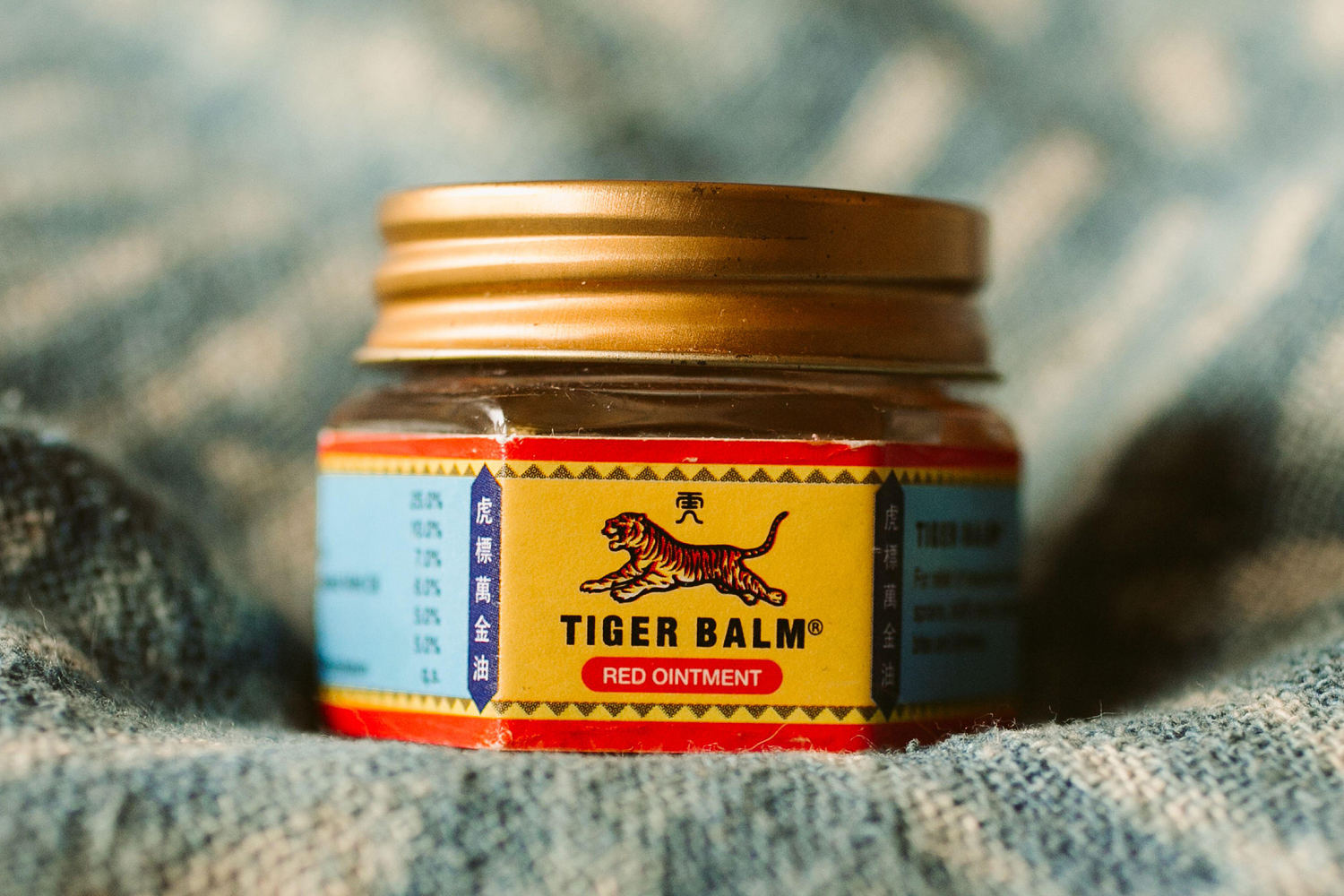
Tiger balm, the popular menthol ointment used by athletes and arthritis patients, has just one U.S. distributor and a single factory in China, making it especially vulnerable to the tariff standoff.
A 0.63-ounce hexagonal jar of the amber-colored balm typically sells in the U.S. for about $8. But its sole American distributor, Prince of Peace Enterprises, based in Livermore, California, says retail prices could soon rise as President Donald Trump hiked up tariffs on China as high as 145%.
The ointment for the U.S. markets is produced at a factory in China and, at the current tax rate, the distributor is anticipating $3 million to $5 million in tariff costs this year for Tiger Balm products, said Matt Chin, Prince of Peace president. At least some of that may be passed onto consumers, but not for now.
“We’re adopting a more measured approach,” Chin said. “Our customers rely on us, and we want to hold off on raising prices.”
Har Paw Corp., a pharmaceutical company based in Singapore, is the headquarters for Tiger Balm products. But the American product comes out of China, and sells more than $30 million worth of the ointment in the U.S annually. Har Paw didn’t respond to requests for comment.
The bruising trade war between the U.S. and China is slamming into American businesses that import popular global products for which there are no clear substitutes.
Redolent of camphor and menthol, Tiger Balm was first developed in the late 19th century and is used to relieve ailments from muscle aches to colds and headaches. In recent years, the product has found international appeal, gaining endorsement from basketball’s Jeremy Lin and pop star Lady Gaga.
Trump roiled global markets last month when he imposed punishing reciprocal tariffs on imports from 90 nations, including more than a dozen from Asia. He has since announced a 90-day pause on the additional levies for most countries — while keeping in place a 10% baseline rate — but raised the tax on Chinese imports to 125%. China has retaliated by hiking up tariffs on American goods from 84% to 125%.
The current rate for pharmaceutical imports, which form the backbone of Prince of Peace’s inventory, are set at 20%, and they’re exempt from new reciprocal tariffs. But Trump has vowed to impose “major tariffs” on the products soon.
Prince and Peace supplies Tiger Balm to chains like CVS and Walmart as well as local pharmacies. Chin said the company has continued to place inventory and absorbed rising tariff costs. So far, there’s been no change in demand because the company hasn’t raised prices. But the challenge is that big box retailers often require price changes to be announced 90 days in advance, Chin said.
“If Walmart, for example, won’t make an exception for the price increase due to tariffs, that means as the seller we would have to eat the difference,” he said.
Prince of Peace also carries hundreds of ginseng products, herbal teas and other health supplements imported from China that have no Western alternatives.
Research has shown that tariff costs are borne mostly by U.S. consumers and businesses. New tariffs on China affect about 13% of U.S. imports and may cost consumers up to $25 billion annually, according to a report from the center-right economics research nonprofit American Action Forum. In 2018, when Trump implemented sweeping tariffs during his first term, the U.S. lost roughly $7.2 billion in real income.
Yan Liang, a professor of economics at Willamette University in Oregon, said specialty goods like Tiger Balm and ginseng don’t compete with U.S. manufacturing and jobs. Rather, they create jobs and revenue in the service sector.
“Distributors may have to absorb some of the rising costs so prices don’t have to rise too much to deter consumers,” Liang said. “In both scenarios, these small Chinese American distributors are being squeezed.”
Chin is also the president of the Oriental Food Association, which represents more than 40 Asian food importers and distributors in Northern California. He said the group has been engaging with trade representatives and the Chinese consulate in San Francisco for more clarity about the economic outlook of the tariffs.
Smaller herbal shops and medicine halls in Chinatowns across the U.S., Chin said, are taking a bigger hit from the tariffs as they run on narrower margins. But he is optimistic that the Chinese American business community will weather the storm, as it did in 2018, when Trump imposed up to 25% tariffs on imported Chinese goods.
“It’s definitely a blow to morale,” Chin said, “but we’re strong and will get through these setbacks as a whole.”
